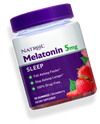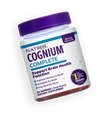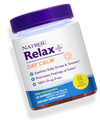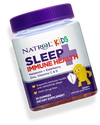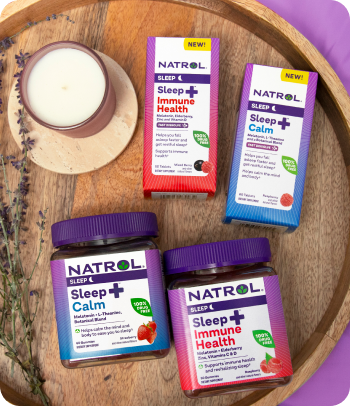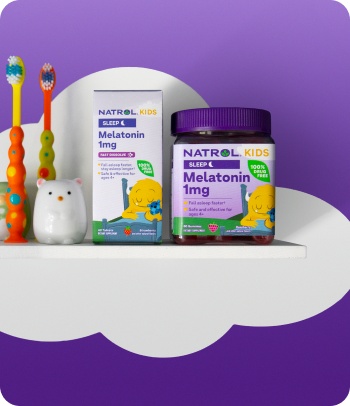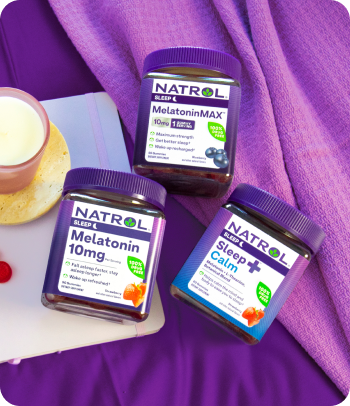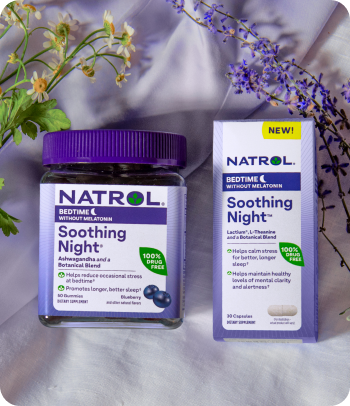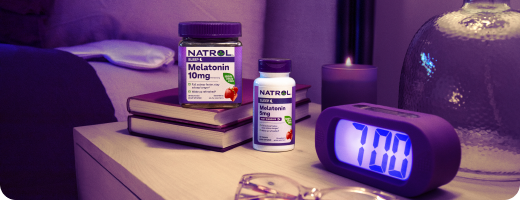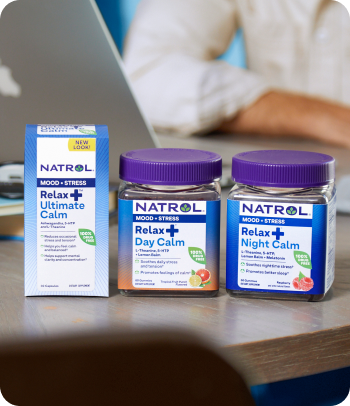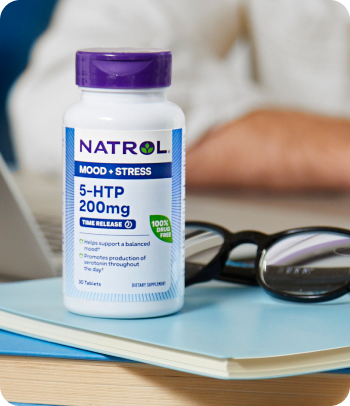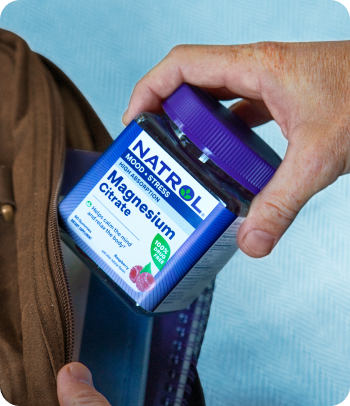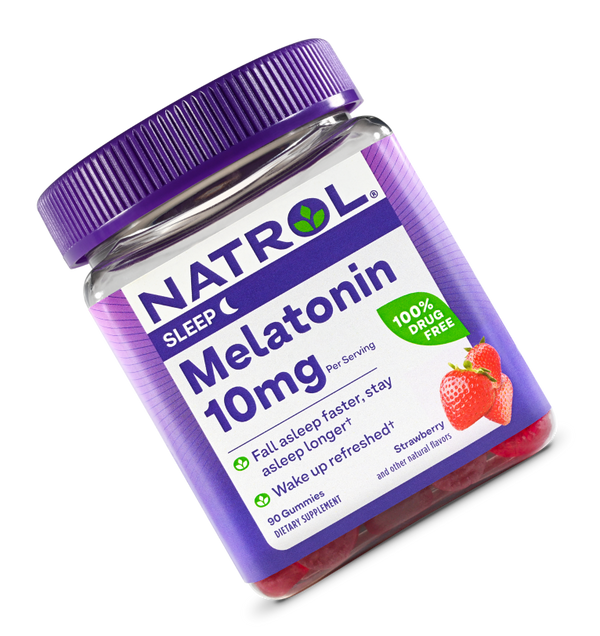Brain Health Tips from New York Times bestselling author, Dr. Mike Dow, Psy.D., Ph.D.
Are you looking for improved memory in your everyday life? Brain health seems to be at the top of everyone's minds these days. In fact, while half of Baby Boomers say they are doing all they can to fight the physical signs of aging, significantly more (69%) are concerned with fighting the mental signs of aging.
With memory on the mind for most people, Dr. Mike Dow, Psy.D., Ph.D. and New York Times bestselling author of "Heal Your Drained Brain," has 6 easy everyday tips that you can use to support a healthy brain.
1. Do something mentally challenging today
Think of your brain like a bank account. Every time you learn something new, play a challenging game, or read a book, you're depositing into that account. The more "deposits" you've made, the more you have to spare. This is a concept called 'Reserve', and it explains why people with higher levels of education have more cognition. Make a "deposit" by engaging in a challenging activity. When it comes to the brain, it's use it or lose it.
2. Add Natrol® Cognium® to your daily routine
This breakthrough brain health supplement is clinically shown to improve memory and recall in healthy adults. Plus, it's safe and stimulant free. Taking Natrol Cognium and living a healthy lifestyle that includes challenging activities can help you reap the benefits of a holistic and synergistic approach to brain health.
3. Incorporate more exercise in your day
Exercise is one of the most potent ways to increase neurogenesis, the birth of new brain cells and connections, in the brain. It's as good for your brain as it is for your heart. Make a habit of taking a parking spot that's far away from the store entrance, find restaurants within walking distance, or walk around the block with an earpiece while talking on the phone. Simply walking a mile a day can cut your risk of memory problems and confusion by 50 percent.
4. Eat an antioxidant-rich diet
Some antioxidants cross the blood-brain barrier which help protect brain cells from oxidative stress. Great examples of antioxidant-rich foods that protect the brain include unsweetened tea, berries, and turmeric.
5. Connect
Relationships have a profound effect on brain health. Remember that excess stress hormones can cause inflammation in the brain just like processed foods do. But relationships tend to buffer us from the stress of daily life while giving our lives meaning. Mind the health of your relationships because they're fantastic for the brain.
6. Sleep
Sleep plays a critical role in keeping our brains functioning well. At night, brain cells expand so that our brain can enter into its 'wash cycle'. Striving for eight hours of shut eye ensures your brain is refreshed for the day ahead of you. Consider healthy sleep habits like keeping your pre-snooze routine and bedtime consistent and using a drug-free melatonin supplement.
You can also download our infographic with brain health tips.
Sources:
- "US Seniors And Health Market Report," Mintel, September 2016
- "Marketing to Baby Boomers - US," Mintel, July 2016

